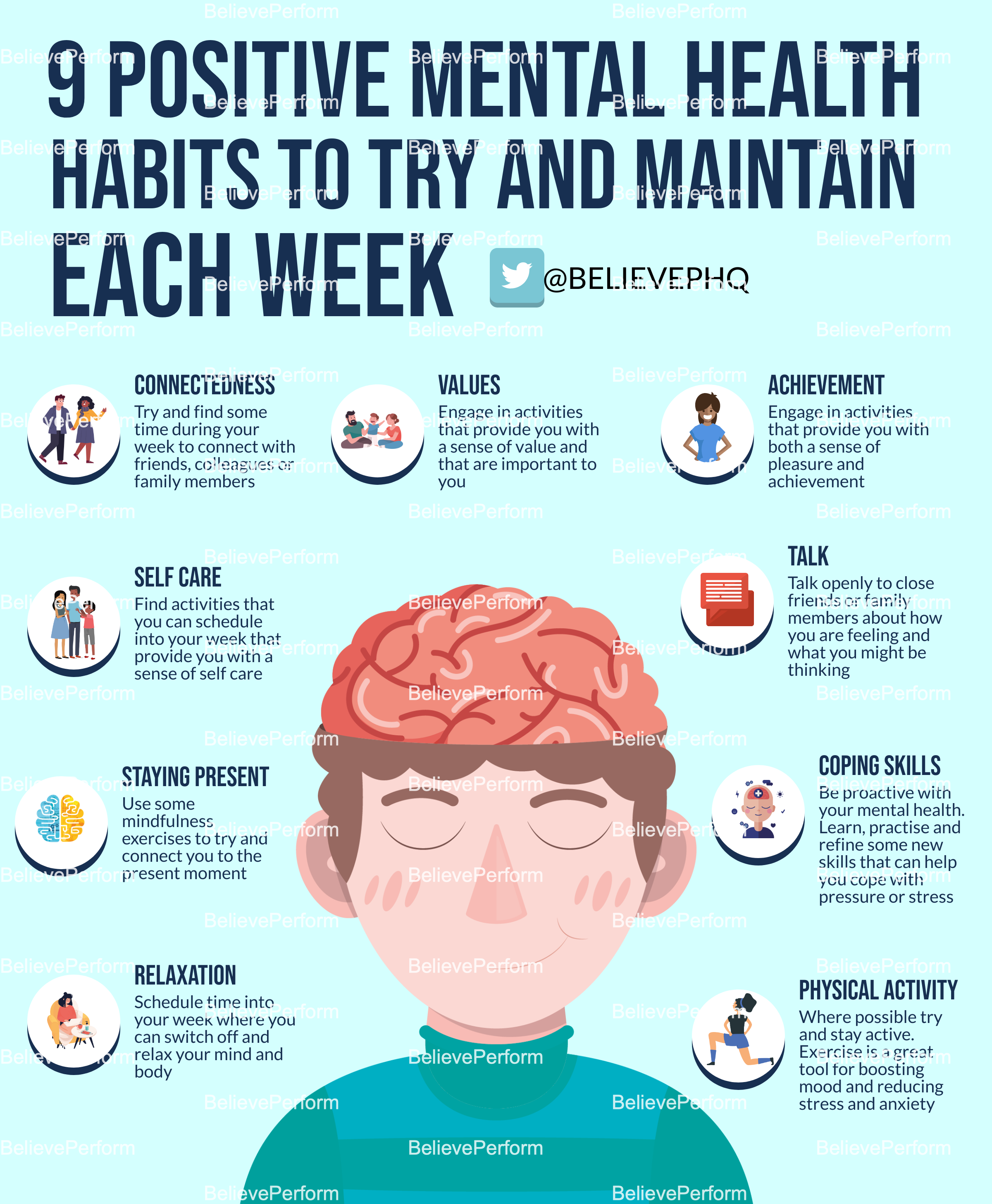The Shocking Truth About What Your Sitting Position Actually Reveals
You've probably done it thousands of times without even thinking about it. Yet this simple, seemingly innocent gesture carries a complex web of psychological meaning that most people never realize. When a woman crosses her legs while sitting, she's not just getting comfortable – she's unconsciously activating ancient protective mechanisms that have been hardwired into our behavior for millennia.
The Hidden Fortress: Why Your Body Creates Barriers
Every time you cross your legs, you're essentially building a psychological fortress. Research in nonverbal communication reveals that crossed legs serve as a physical barrier – a subconscious way of creating distance and protection in social situations. This isn't just about modesty or etiquette; it's about survival instincts that run deeper than conscious thought.
The positioning creates what psychologists call "defensive body language" – a closed posture that signals, "I'm protecting my vulnerable areas." Your brain is essentially telling your body to shield itself from potential threats, even in seemingly safe environments like offices, cafes, or living rooms.
The Social Programming That Controls Your Body
From childhood, women are subtly – and sometimes not so subtly – taught that crossing their legs is "proper" and "ladylike." But this social conditioning goes far beyond simple etiquette. It's actually a form of behavioral control that teaches women to make themselves smaller, less threatening, and more "acceptable" in social spaces.
This programming is so deep that most women cross their legs automatically, without conscious decision. It's become an internalized response to being in public spaces, around authority figures, or in situations where they feel they need to appear "respectable." The gesture has become a way of conforming to societal expectations of femininity and propriety.
The Anatomy of Vulnerability
Here's where it gets really interesting: the physical act of crossing legs actually restricts movement and makes quick reactions more difficult. From an evolutionary perspective, this seems counterintuitive – why would our bodies choose a position that makes us more vulnerable?
The answer lies in the psychology of perceived threat. When women cross their legs, they're often responding to social rather than physical threats. The crossed position signals compliance, non-aggression, and respectability – traits that historically helped women navigate male-dominated social hierarchies without triggering hostility.
The Power Play You Never Noticed
Pay attention to when women cross their legs versus when they don't. You'll notice a pattern: legs are more likely to be crossed in formal settings, around authority figures, or when feeling judged or scrutinized. It's a subtle power dynamic playing out through body language.
Uncrossed legs, on the other hand, signal confidence, dominance, and comfort. Think about how men typically sit – legs spread wide, taking up space. This "power posture" is something women have been literally trained out of through centuries of social conditioning.
The Comfort Trap
Many women will insist they cross their legs simply because it's "comfortable." But comfort is largely learned behavior. What feels natural to us is often just what we've been conditioned to do through repetition and social reinforcement.
Interestingly, in cultures where women traditionally sit differently – cross-legged on the floor, for example – the Western leg-crossing posture doesn't feel natural or comfortable at all. This suggests that our "comfort" preferences are shaped more by social training than by innate physical needs.
The Psychological Cost of Constant Guarding
Living in a constant state of subtle defensiveness takes a psychological toll. When your body is perpetually in "guard mode," it affects your mental state, confidence levels, and ability to fully engage with the world around you.
Some psychologists argue that the habitual crossing of legs contributes to what they call "shrinking syndrome" – a pattern of behaviors that make women physically and psychologically smaller in social spaces. This can impact everything from workplace confidence to personal relationships.
Breaking the Unconscious Pattern
The most powerful realization is that this behavior is largely unconscious. Once you become aware of when and why you cross your legs, you can start to make conscious choices about your posture and what it communicates.
Try this experiment: spend one day deliberately sitting with uncrossed legs in various settings. Notice how it feels, how people react, and what emotions or thoughts come up. You might be surprised by how different you feel – and how differently others respond to you.
The Revolutionary Act of Taking Up Space
Choosing how to sit might seem trivial, but it's actually a small act of rebellion against deeply ingrained social programming. When women consciously choose to sit with uncrossed legs, they're not just changing their posture – they're reclaiming their right to take up space, to be comfortable, and to exist in the world without constantly guarding themselves.
This isn't about rejecting femininity or abandoning all social norms. It's about becoming conscious of the unconscious patterns that shape our behavior and making intentional choices about how we present ourselves to the world.
What Your Body Language Really Says
The next time you sit down, pause for a moment. Ask yourself: Am I crossing my legs out of habit? Out of social pressure? Out of genuine comfort? Your body language is speaking volumes about your internal state – make sure it's saying what you actually want to communicate.
Remember, there's no "right" or "wrong" way to sit. The power lies in conscious choice rather than unconscious compliance. When you understand the hidden psychology behind your posture, you gain the freedom to decide what message you want to send to the world – and to yourself.








